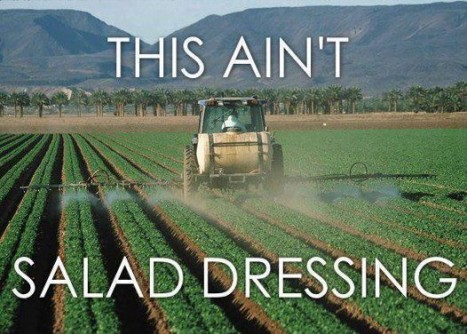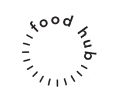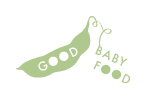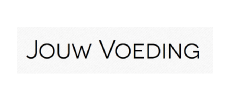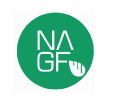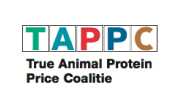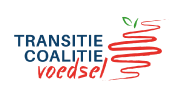Transparency, why do we need that?
The world market is anonymous: in supermarket shelves and the racks of clothing stores you usually don't see much information about the way the food or the clothes were produced. Protected by anonymity, the drive for profit becomes a perverse incentive, resulting in child labour, destruction of mangrove forest, and fruit in the store that contains more than 10 different pesticides. But as a consumer, you remain blissfully ignorant.
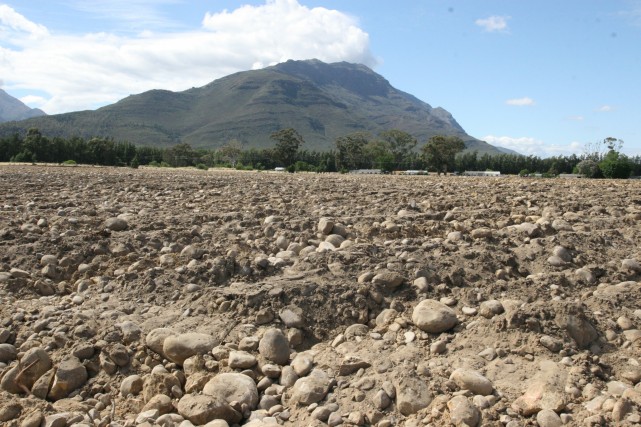
The race to the bottom
The anonymity of the global market keeps negative impacts on the environment and on people out of view; pollution, sweat shops, we don't see them in the market place. They are invisible in the supermarket shelves or the racks in the clothing store. Ignorance is bliss. So comparing products is just about the price and appearance. Untill someone makes a documentary that shows the off-putting truth, raises consumer awareness, and forces the producer to start working more sustainably.
Supermarkets and wholesalers have a commercial interest to maintain anonymity and uniformity. If all the bell peppers look the same, they become a commodity, and buyers can play the bell pepper farmers off against each other, to obtain a bottom price. This will often force farmers to sell their products for a price that is actually lower than their productions costs... especially when there is slightly more supply than demand.
The procurement of food in Europe is basically in the hands of six enormous supermarket buyer conglomerates. Against these organisations, the farmers have very little power. The resulting price fight forces them to keep scaling up their farms in order to keep lowering the costs; this leads to an all-round impoverishment of all aspects of the work: impoverishment of the landscape, reduced animal wellfare, less work fun, degraded nature, degraded soil, the social fabric of the community becomes disheveled, etc. It's a race to the bottom.

Anonymity and perverse incentives
The economical, ecological and financial crises of the last few years make perfectly clear that our economical system has some fundamental design flaws. Anonymity in the market goes hand in hand with so-called "perverse incentives". "These are financial incentives that lead to unwanted consequence for society. An example are the bonuses for Amrican bankers who sold a lot of loans before the crisis: it was intended to improve bank profits and increase private possession of houses, but it resulted in thousands of risky mortgages and obscure financial constructions, finally leading to a world wide crisis. The fundamental flaw is that our accounting methods don't take enironmental and social costs into account; so the financial system favours companies that externalize these costs. The system has a preference for companies that shift the costs of damage to the ecosystem and to people on to other parts of the world or to future generations.
Perverse incentives lead companies and employees to ignore the negative effects of their work; these may be negative impacts on nature, health and social circumstances. An example are the clothes that are made in Asian sweat shops with semi-slave labour; or fruits that contain traces of more than ten pesticides. Sometimes these abuses are exposed. But most abuse is taking place without consumers noticing a thing - the anonymity of the world market prevents us from noticing. However, taxpayers will eventually have to carry the burden - costs for water sanitation, soil sanitation, poverty reduction, a degradation of the living environment, bad health, etc.
Government policies and regulations do very little to prevent this; actually subsidies are often perverse incentives themselves, like subsidies on fossil fuel use. The lobby of international corporate life is very powerful and seeks to maintain the current system of externalization. Governments are hesitant to impose ethical views on the market. So we need to seek the solution elsewhere: in more transparency.



